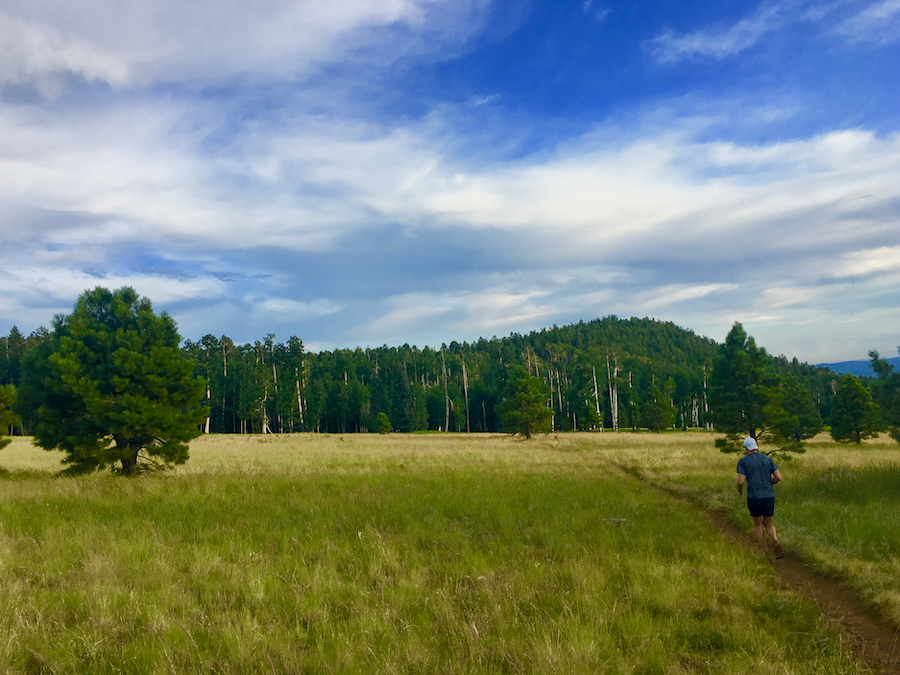
“It is impossible to be happy without humility.
Unless we have a true sense of our insignificance in the wider scheme of things, unless we experience gratitude for the small blessings in life—the little graces that bring joy precisely because they are unearned and undeserved, we will never know joy.
The more towering the façade of our own importance, the more shrunken is our capacity for happiness.
Entitlement destroys the virtue best equipped to bring happiness—gratitude.”
“Theology doesn’t just think. Theology walks. Theology weeps. Theology bleeds.”
(Russell D. Moore)
“One sign you’ve encountered God is you walk with a limp, not a strut.”
(Matt Smethurst)
“If our identity is in our work, rather than Christ, success will go to our heads, and failure will go to our hearts.”
(Tim Keller)
“Restlessness and impatience change nothing except our peace and joy. Peace does not dwell in outward things, but in the heart prepared to wait trustfully and quietly on Him who has all things safely in His hands.”
(Elisabeth Elliot)
“Imagination was given to man to compensate him for what he is not; a sense of humor to console him for what he is.”
(Francis Bacon)
“When a newspaper posed the question, ‘What’s Wrong with the World?’ the Catholic thinker G. K. Chesterton reputedly wrote a brief letter in response: ‘Dear Sirs: I am. Sincerely Yours, G. K. Chesterton.’ That is the attitude of someone who has grasped the message of Jesus.”
(Timothy Keller)
“Gratitude. Collect your blessings. Catalog God’s kindnesses. Assemble your reasons for gratitude and recite them.”
(Max Lucado)
“…for the growing good of the world is partly dependent on unhistoric acts; and that things are not so ill with you and me as they might have been, is half owing to the number who lived faithfully a hidden life, and rest in unvisited tombs.”
(George Eliot, quoted at the end of
Terrance Malick’s movie A Hidden Life)
“The strength of patience hangs on our capacity to believe that God is up to something good for us in all our delays and detours.”
(John Piper)